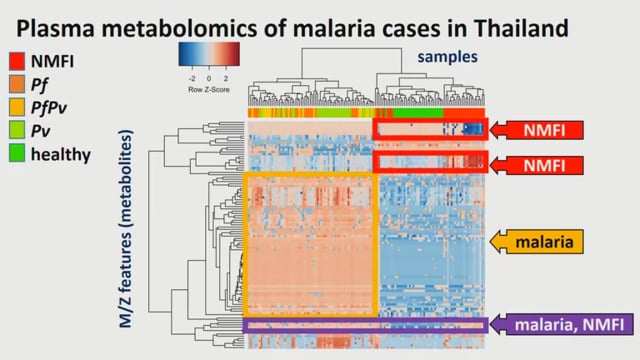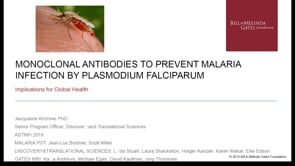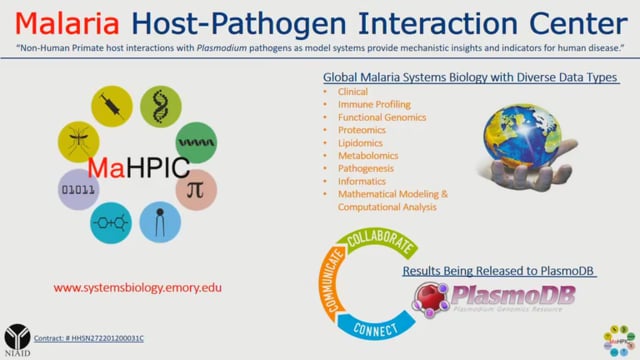Last Updated: 18/06/2024
Development of a primate model for analysis on replicating and dormant liver stages using transgenic fluorescent Plasmodium cynomolgi
Objectives
This study aims to establish a P. cynomolgi (Pcy)-visualized strain by gene transfer in order to clarify the molecular mechanism essential for the dormancy period and reactivation of the liver diapause.
Malaria is widely distributed in tropical and subtropical regions, and is still one of the most important infectious diseases, with more than 200 million sick people and more than 400,000 deaths per year (WHO Malaria Report 2018). Among the five types of human malaria, vivax malaria is said to be the most difficult malaria to deal with, although its fatality rate is not high, but there are endemic areas mainly in Southeast Asia. This is due to the unique developmental process of Plasmodium vivax (Pv), the causative protozoan of vivax malaria. After Pv invades humans from vector mosquitoes, some protozoa form dormant bodies in the liver. It is known that the dormant body remains in the liver even after initial symptoms are treated, and relapses occur repeatedly unless the dormant body is completely cured. Therefore, the key to eradicating vivax malaria is how to deal with dormant organisms. However, no culture system has been established to completely reproduce the dormant form of Pv, and even the murine malaria parasite, which is commonly used in animal experiments, does not form dormant bodies. It is on the other hand, P. cynomolgi (Pcy), a simian malaria parasite, is the most closely related protozoan species phylogenetically, with more than 90% homology in genome sequence with Pv. Their biological properties are also very similar. Therefore, research institutes in Europe and the United States have long used Pcy as an in vivo model of liver diapause. In recent years, the principal investigators worked on the creation of a liver dormant disease model using Japanese macaques and Pcy, and succeeded in establishing an in vivo experimental system for the first time in Japan.
Apr 2020 — Mar 2023
$38,109


